- Modafinil
- Urology Segment
- Thyroid Care
- Armodafinil
- HIV Medicines
- Weight Loss
- Naltrexone
- Anti Emetic
- Neuropathic Pain
- Mens Health
- Hair Loss
- Pain Relief
- HCG Injections
- Quit Smoking
- Pharmaceutical Vaccine
- Best Selling Products
- Anti Viral
- Bimatoprost
- Antibiotics
- Women's Health
- Cetaphil
- Botulinum
- Diabetes
- Human Albumin
- Anti Malarial
- Dermal fillers
- Chemical Peels
- Nephrology Segment
- Kidney / Liver Care
- Anti Cancer
- Altus Product's
- Pharmaceutical Products
- Anti Fungal
- Hepatitis
- Beauty & Skin Care
- Asthma
- Anti-Cancer
- Armodafinil
- Bimatoprost
- Botulinum
- Dermal Fillers
- Hepatitis
- Mens-health
- Modafinil
- Naltrexone
- ANTI EMETIC
- Altus Product’s
- Anti Fungal
- Anti Malarial
- Anti Viral
- Antibiotics
- Asthma
- Beauty & Skin Care
- Cetaphil
- Chemical Peels
- Diabetes
- Hair Loss
- HCG Injections
- HIV Medicines
- Human Albumin
- Kidney / Liver Care
- Neuropathic Pain
- Pain Relief
- Pharmaceutical Products
- Pharmaceutical Vaccine
- Quit Smoking
- Thyroid Care
- Weight Loss
- Women’s Health
- Modafinil
- Urology Segment
- Thyroid Care
- Armodafinil
- HIV Medicines
- Weight Loss
- Naltrexone
- Anti Emetic
- Neuropathic Pain
- Mens Health
- Hair Loss
- Pain Relief
- HCG Injections
- Quit Smoking
- Pharmaceutical Vaccine
- Best Selling Products
- Anti Viral
- Bimatoprost
- Antibiotics
- Women's Health
- Cetaphil
- Botulinum
- Diabetes
- Human Albumin
- Anti Malarial
- Dermal fillers
- Chemical Peels
- Nephrology Segment
- Kidney / Liver Care
- Anti Cancer
- Altus Product's
- Pharmaceutical Products
- Anti Fungal
- Hepatitis
- Beauty & Skin Care
- Asthma
No products in the cart.
Return To Shop$67.14 – $290.26Price range: $67.14 through $290.26
Vymada Tablet is a combination medicine used to treat heart failure. It reduces the risk of hospitalization and death due to long-lasting (chronic) heart failure.
Have questions?
Call : +91 9002 1002 33
Vymada Tablet
| COUNTRY OF ORIGIN | India |
|---|---|
| DOSAGE FORM | Tabets |
| GENERIC NAME | Sacubitril + Valsartan |
| INDICATION | Treatment of Heart failure |
| PACKAGING: | 14 tablets in 1 strip |
| MANUFACTURER | Novartis India Ltd |
| COMPOSITION | Sacubitril (24mg) + Valsartan (26mg) |
PRODUCT INTRODUCTION
Vymada 50mg Tablet is a combination medicine used to treat heart failure. It reduces the risk of hospitalization and death due to long-lasting (chronic) heart failure.
It can be taken with or without food but is best taken at the same time(s) each day. Swallow it as a whole with water. Your dose, and how often you take it, will be decided by your doctor and may change depending on how well you respond to the medicine. Keep taking the tablets regularly, as they have been prescribed, and try not to miss doses to get the most benefit. Do not stop taking them, even if you are feeling well. These tablets are preventing future harm.
Some of the common side effects include cough, dizziness, and feeling lightheaded. To reduce the risk of dizziness, try getting up slowly from a sitting or lying position. If these or other side effects are severe or do not go away, tell your doctor. Serious side effects are rare.
Before taking this medicine, tell your doctor if you are taking any other medicines for blood pressure or heart conditions or if you have kidney or liver disease. Also let your doctor know all other medications you are using as they may affect, or be affected by, this medicine. This medicine should not be taken during pregnancy and is not recommended while breastfeeding. While using it your blood pressure will need to be checked often and your kidney function may also need to be tested.
USES
- Treatment of Heart failure
BENEFITS
In Treatment of Heart failure
Heart failure means your heart is weak and cannot pump enough blood to your lungs and the rest of your body. The most common symptoms are breathlessness, tiredness, and swelling in your legs, ankles, abdomen, and other parts of your body. It is a combination of two medicine namely val sartan and sacubitril. Both of these medicines work in different ways to lower blood pressure. This makes it easier for your heart to pump blood around your body and is therefore an effective treatment for heart-failure.
This medicine will help relieve your symptoms, making you feel better and more energetic. You should make appropriate lifestyle changes (such as eating healthily and keeping active) to help this medicine be effective. Take it regularly and keep taking it even if you feel better.
Common Medications for Heart Failure Medications Treatment
Heart-failure medication is a critical component of managing this condition. Several types of medications are commonly prescribed to improve heart function and alleviate symptoms. ACE inhibitors, such as enalapril and lisinopril, help relax blood vessels and lower blood pressure, reducing the workload on the heart. Beta-blockers, like metoprolol and carvedilol, slow the heart rate and decrease its workload. Diuretics, such as furosemide and hydrochlorothiazide, help remove excess fluid from the body, reducing symptoms like swelling and shortness of breath.
Clinical Benefits of Sacubitril/Valsartan (Entresto)
Clinical trials have demonstrated the significant benefits of sacubitril/valsartan in the treatment of HFrEF. It has been shown to reduce the risk of heart failure-related hospitalizations and improve overall survival in patients with this condition. As a result, sacubitril/valsartan has become a cornerstone therapy for HFrEF, particularly when other standard treatments, such as ACE inhibitors, have proven insufficient in managing symptoms. Its efficacy in reducing the risk of adverse cardiovascular events and enhancing the quality of life for heart failure patients has established it as a breakthrough medication in the field of cardiology. Patients and healthcare providers alike have embraced it as a valuable addition to the treatment arsenal for heart failure.
Medications for the Treatment of Heart Failure
The treatment of heart failure often involves the use of medications to manage symptoms and improve heart function. Medications like ACE inhibitors, beta-blockers, and diuretics are commonly prescribed to reduce the workload on the heart, lower blood pressure, and alleviate fluid buildup. These drugs can help patients with heart failure lead a more comfortable and active life by stabilizing their condition.
Emerging Medications and Advancements in Heart Failure Treatment Medications
Continual advancements in heart-failure treatment medications have expanded the array of therapeutic options. For instance, sacubitril/valsartan, a combination medication, has demonstrated effectiveness in reducing heart failure hospitalizations and improving patient survival. Sodium-glucose cotransporter-2 (SGLT2) inhibitors, initially developed for diabetes management, have also shown promise in heart-failure treatment by decreasing hospitalizations and cardiovascular events. These emerging medications represent an exciting frontier in heart failure management, offering new possibilities for enhancing patient outcomes and quality of life.
Introduction to Valsartan
Valsartan is a medication that belongs to the angiotensin II receptor blocker (ARB) class and is primarily used to treat conditions related to high blood pressure, heart failure, and certain types of kidney diseases. Valsartan works by blocking the action of angiotensin II, a hormone that causes blood vessels to constrict, thereby lowering blood pressure. This medication is commonly prescribed alone or in combination with other drugs to help manage and improve cardiovascular health.
Safety and Considerations with Sacubitril
While sacubitril/valsartan is generally well-tolerated, there are some safety considerations to keep in mind. Common side effects may include hypotension (low blood pressure), elevated potassium levels, and kidney dysfunction. It is essential for healthcare providers to carefully assess the patient’s medical history, particularly regarding kidney function and potassium levels, before prescribing sacubitril/valsartan. Additionally, patients should be educated about the potential risk of hypotension and how to manage it. Sacubitril/valsartan is typically not recommended during pregnancy, as it may harm the developing fetus. Patients should work closely with their healthcare providers to ensure the safe and effective use of sacubitril in their heart failure management plan.
SIDE EFFECTS
Common side effects
- Dizziness
- Increased potassium level in blood
- Fatigue
- Hypotension (low blood pressure)
HOW TO USE VYMADA TAB
HOW VYMADA TAB WORKS
SAFETY ADVICE

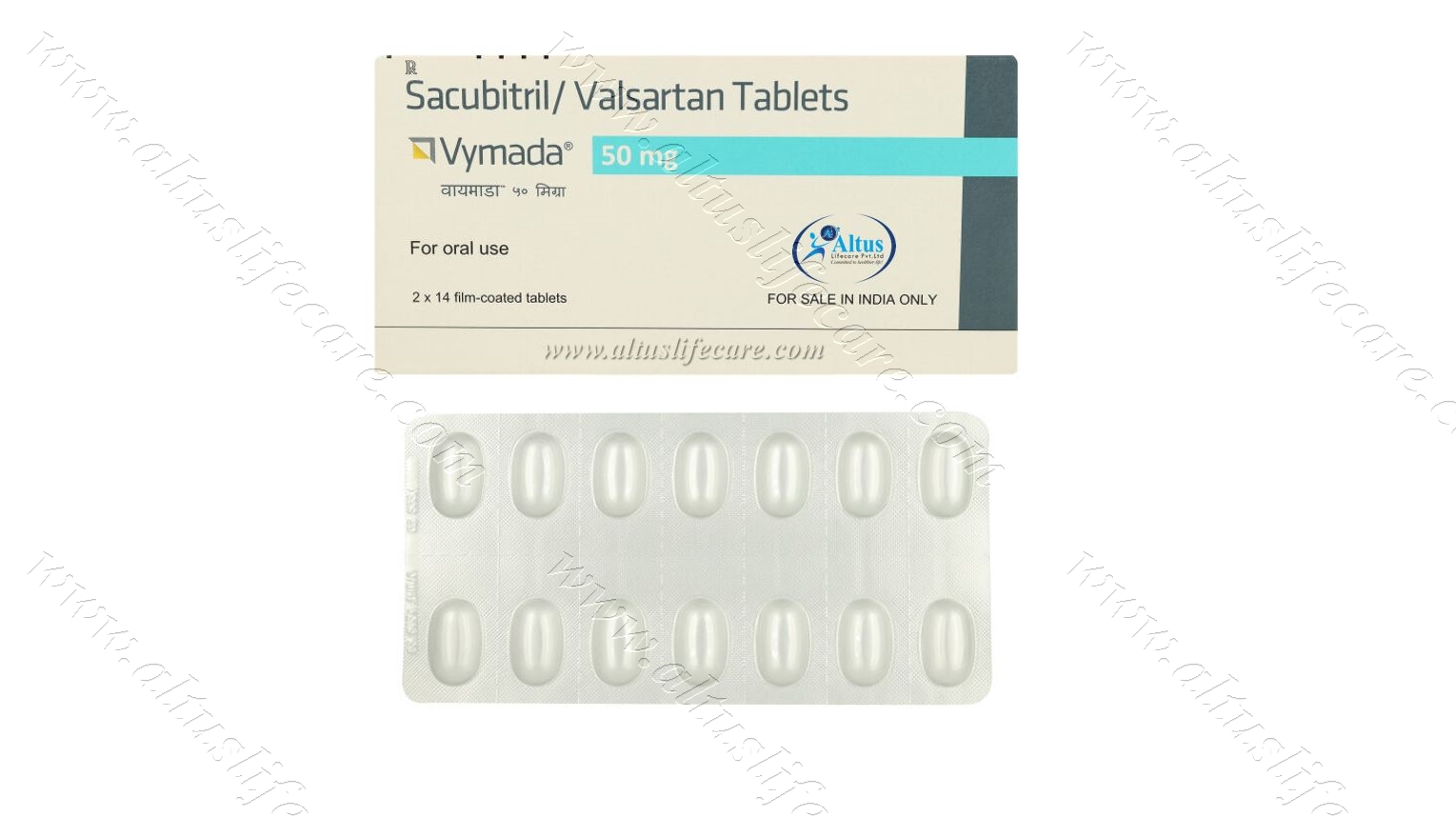
Alcohol

Pregnancy

Breast feeding

Driving

Kidney
Regular blood pressure monitoring is recommended. No dose adjustment is needed in patients with mild to moderate kidney disease.

Liver
No dose adjustment is recommended in patients with mild to moderate liver disease.
WHAT IF YOU FORGET TO TAKE VYMADA TAB?
| Pack Size | 42 Tablet/s, 84 Tablet/s, 126 Tablet/s, 168 Tablet/s, 210 Tablet/s |
|---|
1 review for Vymada Tablet 50mg
Related products
Lipicure 10 Tablet (Atorvastatin 10mg)
From: $33.83Buy Alfacal Capsule (Alfacalcidol 0.25mcg / 1mcg)
From: $38.96Istavel 100mg Tablet (Sitagliptin 100mg)
From: $43.12Zyrik Tablet (Allopurinol 100mg / 300mg)
From: $28.57Eptus 25 Tablet (Eplerenone 25mg)
From: $62.34Alphadol Capsule | Alfacalcidol
From: $38.31People also bought
-

Benoquin 40 Cream | Monobenzone 40%
From: $154.77 -
 From: $38.38
From: $38.38 -
 From: $40.05
From: $40.05 -

Aziderm 10% Cream 15gm | Azelaic Acid 10%
From: $39.26
Our Services
Shipping
Shipping at Discounted Price
Money Returns
Return Within 30 Days
Secure Payment
Safe & Secure Payment
Support 24/7
Contact 24 Hours Day
From: $59.74

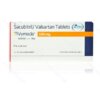
From: $73.38
- Anti-Cancer
- Armodafinil
- Bimatoprost
- Botulinum
- Dermal Fillers
- Hepatitis
- Mens-health
- Modafinil
- Naltrexone
- ANTI EMETIC
- Altus Product’s
- Anti Fungal
- Anti Malarial
- Anti Viral
- Antibiotics
- Asthma
- Beauty & Skin Care
- Cetaphil
- Chemical Peels
- Diabetes
- Hair Loss
- HCG Injections
- HIV Medicines
- Human Albumin
- Kidney / Liver Care
- Neuropathic Pain
- Pain Relief
- Pharmaceutical Products
- Pharmaceutical Vaccine
- Quit Smoking
- Thyroid Care
- Weight Loss
- Women’s Health
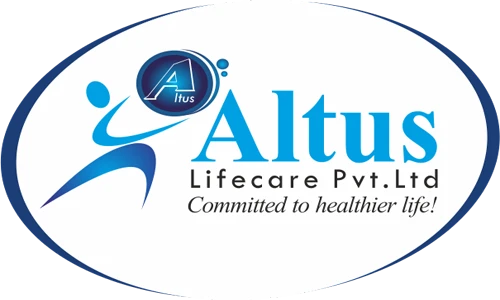
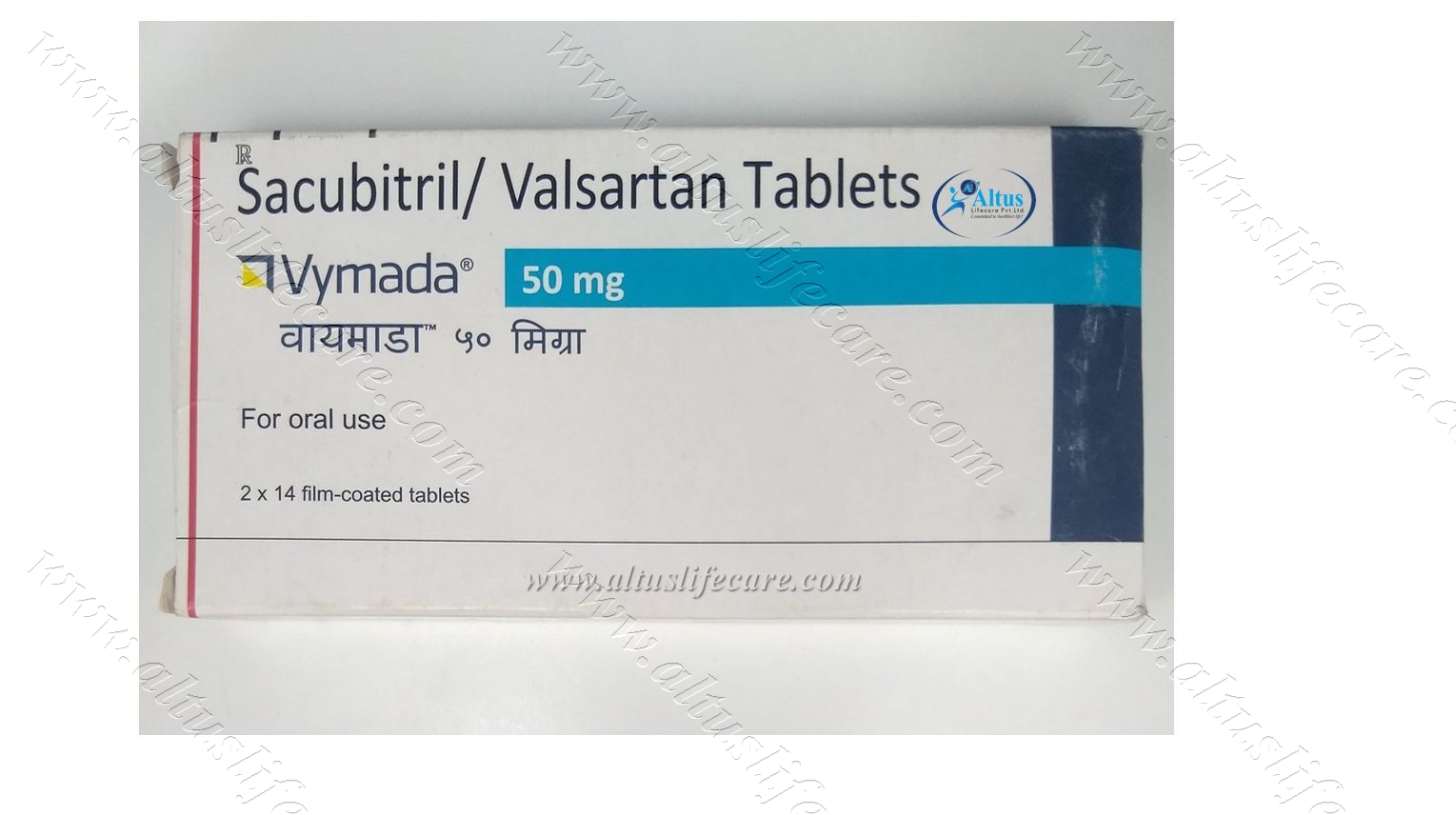
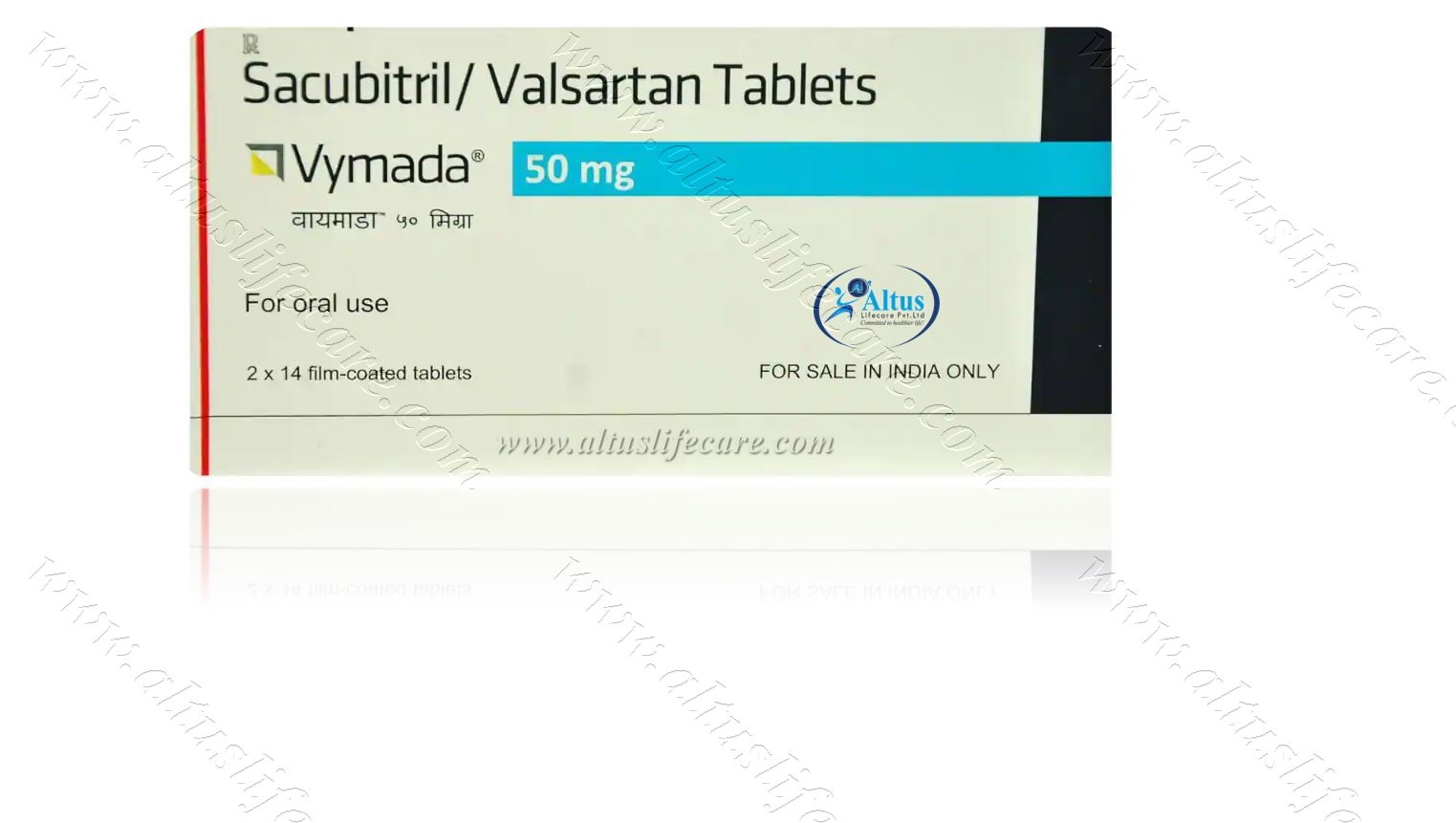
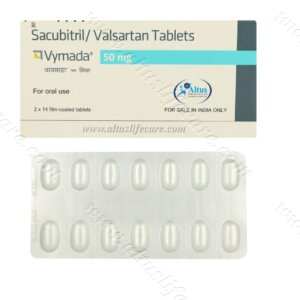
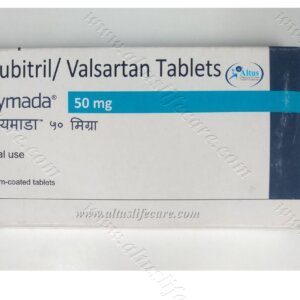
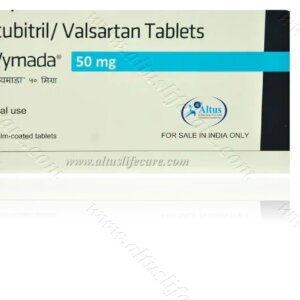
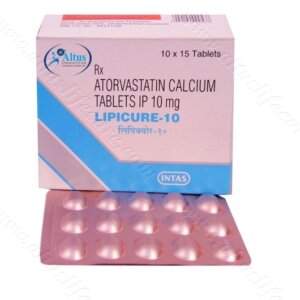
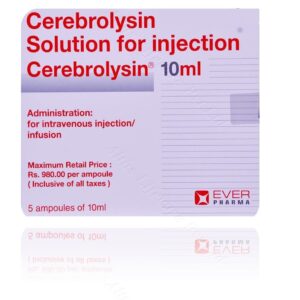

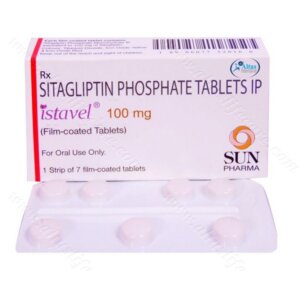
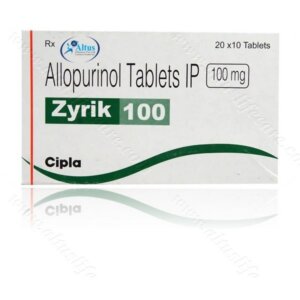
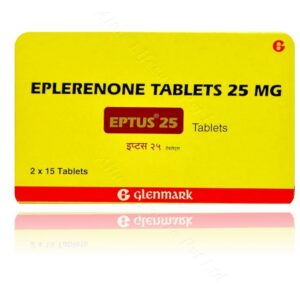
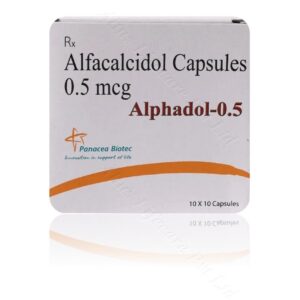


Jennifer (verified owner) –
“Shipping was fast, and the product quality is top-notch – highly satisfied!”